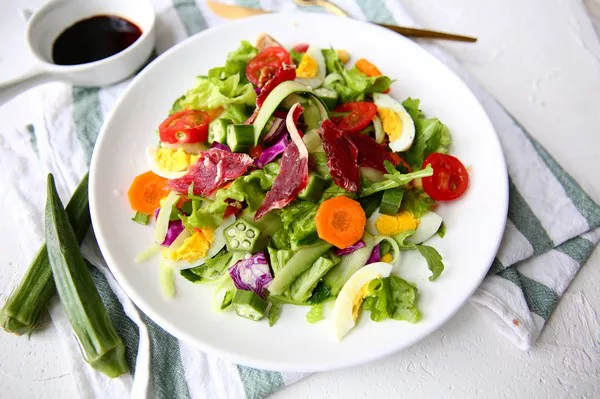In the quest for achieving the ultimate fitness goals, there’s an age-old debate that continues to perplex fitness enthusiasts: should you eat after a workout, or is fasting the key to burning fat effectively? In this comprehensive article, we’ll delve deep into the science behind post-workout nutrition and its impact on fat loss. We’ll explore various aspects of this topic to provide you with a well-rounded understanding. So, let’s uncover the truth about whether not eating after a workout burns fat or not.
The Post-Workout Anabolic Window:
First and foremost, it’s crucial to discuss the concept of the “anabolic window.” Many fitness gurus have touted the importance of consuming protein and carbohydrates immediately after a workout to maximize muscle growth and fat loss. The idea behind this is that during the post-workout period, your body is more receptive to nutrients, and consuming the right foods can promote muscle repair and growth.
The Importance of Protein: Protein is the building block of muscles. Consuming protein after a workout can help repair and rebuild muscle tissue damaged during exercise. This, in turn, can lead to an increase in lean muscle mass, which boosts your metabolism and aids in fat burning.
Carbohydrates for Energy: Carbohydrates replenish glycogen stores in your muscles, providing the energy needed for recovery. By ensuring that your glycogen stores are topped up, you can maintain energy levels and potentially prevent overeating later in the day.
The Fasting Approach:
On the flip side of the coin, there’s a growing trend of intermittent fasting and fasted workouts. Advocates argue that exercising on an empty stomach can enhance fat burning by tapping into stored fat for energy. Here’s a closer look at the fasting approach:
Hormonal Changes: Fasting can lead to changes in hormone levels, such as increased levels of norepinephrine, which can promote fat breakdown. However, the degree of fat burned during exercise may vary from person to person.
Potential Muscle Preservation: Some studies suggest that fasting workouts may preserve muscle mass while promoting fat loss, but more research is needed to confirm these findings definitively.
The Role of Individual Variability:
It’s important to note that the impact of eating or fasting after a workout can vary from person to person. Factors such as age, fitness level, and body composition all play a role in how your body responds to post-workout nutrition.
Metabolism Matters: Individuals with faster metabolisms may find that they can burn fat effectively without immediate post-workout nutrition, while others may benefit from a balanced meal or snack.
Goals and Preferences: Your fitness goals and personal preferences also play a significant role. If muscle gain is a priority, you may lean towards post-workout nutrition. If fat loss is your primary goal, fasting might be a strategy worth exploring.
Practical Tips for Post-Workout Nutrition:
For those who prefer not to skip post-workout nutrition, here are some practical tips:
Opt for a balanced meal or snack that includes both protein and carbohydrates.
Aim to consume your post-workout meal within 1-2 hours after exercising.
Focus on whole, nutrient-dense foods like lean proteins, whole grains, and fruits or vegetables.
Conclusion:
In the eternal debate of whether not eating after a workout burns fat, the answer isn’t one-size-fits-all. Your individual goals, preferences, and body type should guide your approach. While fasting workouts may have some benefits for fat burning, post-workout nutrition remains vital for muscle recovery and overall health. Ultimately, the key lies in finding a balance that aligns with your fitness objectives and suits your lifestyle.
In conclusion, there is no definitive answer to whether not eating after a workout burns fat, as it depends on various factors. It’s essential to listen to your body, stay consistent with your chosen approach, and consult with a healthcare professional or nutritionist to create a plan tailored to your specific needs. Ultimately, the path to achieving your fitness goals is a journey of personal discovery and self-improvement.
Related Links:
- What to Eat Late Night for Weight Loss
- What should i eat to lose weight in 30 days
- What Can I Eat to Burn Fat and Accelerate Your Weight Loss


